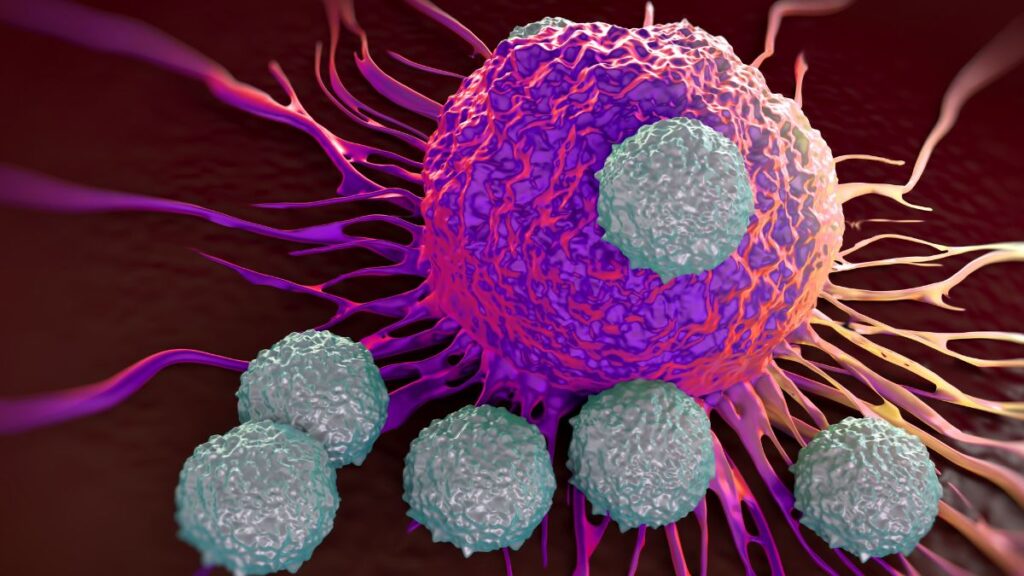Introduction:
In recent years, significant advancements in lung cancer treatment have revolutionized the landscape of care for patients. Targeted therapies and immunotherapy, in particular, have emerged as promising options, offering newfound hope and improved outcomes for individuals diagnosed with lung cancer. This blog aims to shed light on these innovative treatments and their potential to enhance the lives of those affected by this challenging disease.
Understanding Targeted Therapies:
Targeted therapies are a type of cancer treatment that specifically target certain genes, proteins, or the tissue environment that contribute to the growth and survival of cancer cells. Unlike traditional chemotherapy, which affects both healthy and cancerous cells, targeted therapies aim to attack cancer cells while minimizing damage to normal, healthy cells.
- Precision Medicine: Targeted therapies are often a result of precision medicine, where treatments are tailored to a patient’s unique genetic makeup. By identifying specific genetic mutations or alterations in a tumor, doctors can prescribe targeted drugs that inhibit the growth of cancer cells associated with these mutations.
- EGFR Inhibitors: Epidermal Growth Factor Receptor (EGFR) inhibitors are a type of targeted therapy commonly used in lung cancer treatment. Drugs like erlotinib, gefitinib, and osimertinib are designed to block the EGFR protein, which is often mutated in non-small cell lung cancer (NSCLC).
- ALK Inhibitors: Anaplastic Lymphoma Kinase (ALK) inhibitors, such as crizotinib, alectinib, and brigatinib, target the ALK gene rearrangement found in some NSCLC cases.

Understanding Immunotherapy:
Immunotherapy is a groundbreaking treatment that harnesses the power of the immune system to recognize and fight cancer cells. It involves drugs known as immune checkpoint inhibitors that block certain proteins to help the immune system better attack cancer.
- PD-1 and PD-L1 Inhibitors: Programmed Death-1 (PD-1) and Programmed Death-Ligand 1 (PD-L1) inhibitors, like pembrolizumab and nivolumab, are a class of immunotherapies that work by blocking the PD-1 pathway, enhancing the immune response against cancer cells.
- CTLA-4 Inhibitors: Cytotoxic T-Lymphocyte Antigen 4 (CTLA-4) inhibitors, such as ipilimumab, are another form of immunotherapy that target a different immune checkpoint, aiding the immune system in recognizing and attacking cancer cells.

Advantages and Future Prospects:
Targeted therapies and immunotherapy have shown remarkable success in improving survival rates and quality of life for patients with lung cancer. These treatments offer less toxicity compared to traditional chemotherapy and have demonstrated efficacy, especially in specific subtypes of lung cancer.
As research continues, combining targeted therapies and immunotherapy is an exciting area of exploration. This combined approach, often referred to as “combinatorial therapy,” aims to capitalize on the strengths of both treatment modalities, potentially leading to even more effective and personalized lung cancer treatments.

Conclusion:
The advancements in lung cancer treatment through targeted therapies and immunotherapy are transforming the outlook for individuals diagnosed with this disease. The future holds great promise as we continue to refine and innovate these treatments, ultimately providing hope for a better quality of life and increased survival rates for those facing the challenges of lung cancer.












